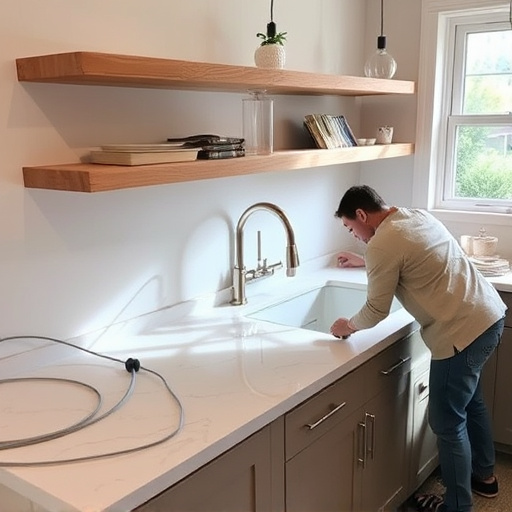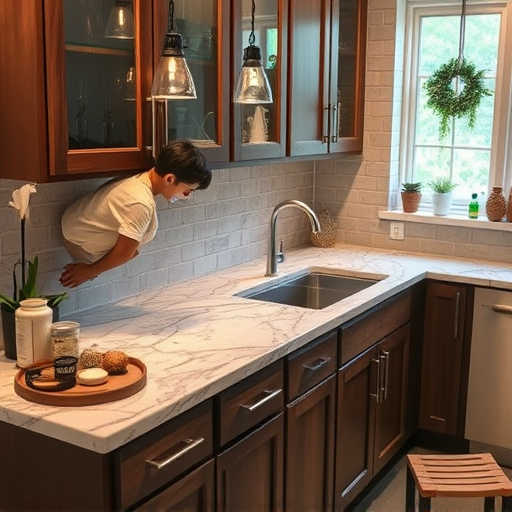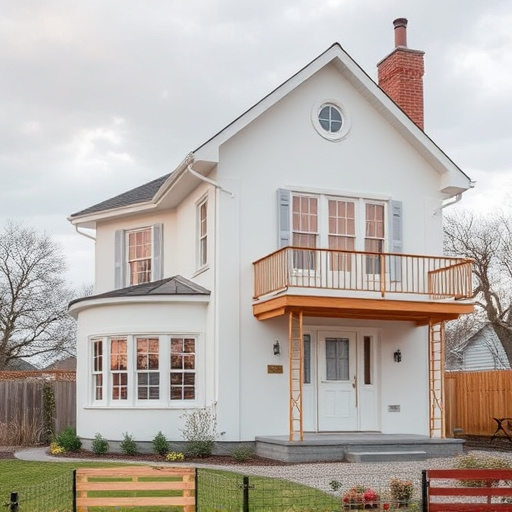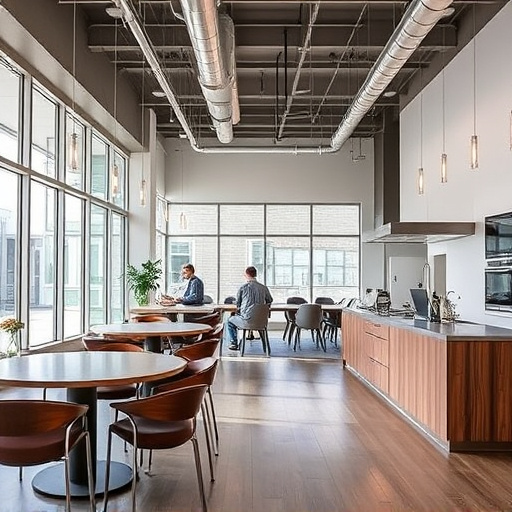Before starting a commercial renovation, align the project with business goals and functional needs, assess building condition thoroughly, set realistic expectations for permits, budget, and timeline to ensure a successful renovation that meets both aesthetic and practical criteria.
Before starting your commercial renovation project, ask these crucial questions to ensure a smooth process. Understanding your business’s goals and spatial requirements is essential, as it drives the transformation. Next, assessing the building’s condition and structural integrity is vital for safety and cost-effectiveness. Permits, budget, and timeline planning are game changers; they require realistic evaluations to avoid delays and overspends. Navigate these aspects thoughtfully for a successful commercial renovation.
- Understand Business Goals and Space Needs
- Assess Building Condition and Structural Integrity
- Plan for Permits, Budget, and Timeline Realistically
Understand Business Goals and Space Needs

Before diving into a commercial renovation project, it’s crucial to align the space with your business goals and functional needs. This means understanding how the renovated space will support day-to-day operations, accommodate future growth, and contribute to the overall success of your venture. A thorough assessment of current and anticipated requirements is essential. Consider factors like employee productivity, customer experience, and the flow of goods or services within the premises.
For instance, if you’re a retail business, the layout should facilitate efficient customer navigation and product display. If it’s an office space, consider floor replacements to create open-concept areas that foster collaboration and innovation. The renovation should also cater to specific space needs, such as dedicated meeting rooms, private offices, or storage spaces, depending on your industry. Engaging with professional renovation services that can help translate these goals into a practical design is key to ensuring the final result meets both aesthetic and functional criteria.
Assess Building Condition and Structural Integrity

Before embarking on any commercial renovation project, assessing the building’s condition and structural integrity is paramount. This initial evaluation will reveal hidden issues that could become costly surprises down the line. Professional inspectors should be engaged to thoroughly scrutinize every aspect of the structure, from the foundation and framing to the electrical, plumbing, and HVAC systems. Only with a comprehensive understanding of the existing state can a clear vision for the desired home transformations be realized.
Identifying structural soundness is crucial, especially in older buildings, as it may require specialized renovation services to mitigate issues like faulty beams or load-bearing walls. Similarly, assessing the condition of essential elements like roofs and windows will guide decisions on whether to repair, replace, or overhaul these components during the commercial renovation process. This meticulous approach ensures that every aspect of the property is safely and effectively transformed into a modern, functional space.
Plan for Permits, Budget, and Timeline Realistically

Before diving into a commercial renovation project, it’s crucial to set realistic expectations for permits, budget, and timeline. Obtaining necessary permits is an essential step in any renovation process, as they ensure compliance with local building codes and regulations. This can often take time, so plan accordingly or consult professionals who can expedite the process.
Budgeting is another critical aspect of commercial renovations. It’s important to allocate funds not just for the obvious expenses like materials and labor but also for unforeseen costs that may arise during the multiple room remodel or customized work. A detailed budget should account for all aspects, including interior painting, structural changes, and any necessary upgrades to ensure a smooth and successful renovation.
Before embarking on a commercial renovation project, businesses must address critical questions that will shape their venture’s success. By understanding goals, assessing building health, and setting realistic expectations for permits, budget, and timeline, entrepreneurs can navigate the process effectively. These considerations are pivotal in transforming spaces into functional, profitable assets, ensuring a smooth transition during and after the renovation. This strategic approach to commercial renovation fosters a vibrant, thriving business environment.














